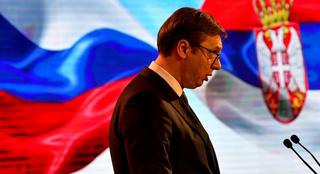
So long as Serbia does not formally recognize Kosovo’s independence, it must rely on Russia’s veto power in the UN Security Council. That dependency gives Russia a nontrivial degree of influence, both in the region and within Serbia itself.

Alexander Lukashenko has built a highly consolidated, adaptive authoritarian regime. Examining how the Belarusian political system is structured and how its relationships with its citizens, Russia, and the West have evolved may help shed light on possible paths that Minsk could take as Lukashenko ages and economic challenges continue to mount.
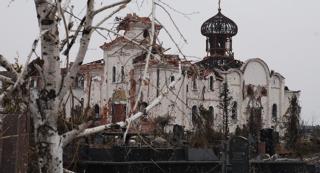
A security community embracing all of Europe would only be possible if Russia were included. This, however, is unlikely. The new confrontation between Russia and the West, the Hybrid War, is systemic and will continue for many years.

Russia faces bleak economic prospects for the next few years. It may be a case of managed decline in which the government appeases social and political demands by tapping the big reserves it accumulated during the boom years with oil and gas exports. But there is also a smaller possibility of a more serious economic breakdown or collapse.
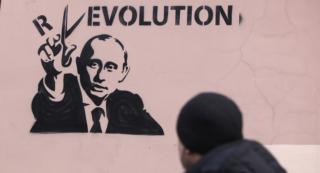
For most of Russian history, the country’s leaders have employed a top-down political system. When Crimea was annexed in 2014, the Kremlin temporarily allowed more decentralized patriotic activism to rally support, but they soon saw the potential risks and reverted to more centralized political control.
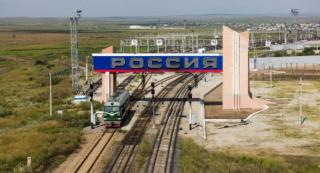
Facing sanctions from the West after the annexation of Crimea, Russia has reoriented its economy toward China. The results of the shift are mixed, but if trends continue, Moscow is likely to drift further into Beijing’s embrace. An asymmetrical interdependence is emerging, with global implications.
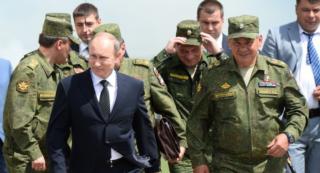
Information about the views of the Russian elite, a segment of the population that has grown increasingly guarded and circumspect during the 2000s, is hard to come by. Nevertheless, aggregate data analysis suggests some conclusions about key features of elite opinion following Russia’s annexation of Crimea in 2014.
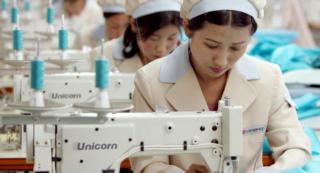
North Korea has been described as the world’s last Stalinist country. The rhetoric of its officials may indeed be Stalinist, but market forces have played a major role in its economy since at least the late 1990s. The spontaneous growth of free enterprise has been crucial to the North Korean economy’s slow but steady recovery from an external shock.
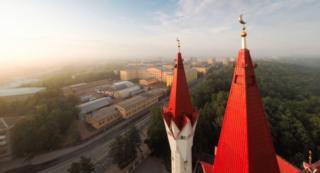
As Islam expands in the Ural Federal District, religious and political life there is evolving. Much of this expansion is due to the arrival of Muslim migrants from Central Asia and the Caucasus, and some migrants bring with them religious radicalism—a challenge that requires a more effective official response.
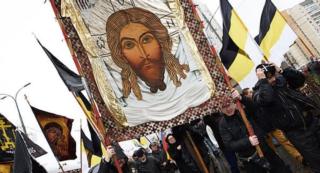
Following the annexation of Crimea in March 2014, the Russian public has embraced an increasingly conservative and nationalistic ideology.
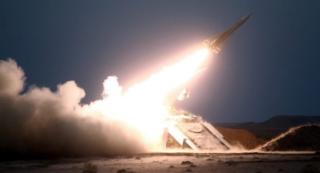
Beginning with the signing of the Partial Nuclear Test Ban Treaty in 1963, an international arms control regime has limited existing nuclear arsenals and prevented further proliferation of nuclear weapons. But that entire system could soon unravel.
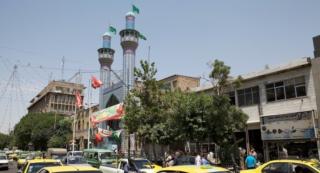
The intensity of Moscow’s current contact with Tehran is unprecedented in Russia’s post-Soviet history. Yet despite the potential for improvement, there are serious obstacles that may hamper or even halt cooperation.
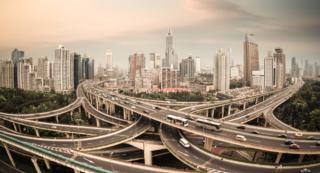
Russia is tilting toward China in the face of political and economic pressure from the United States and Europe. This does not presage a new Sino-Russian bloc, but the epoch of post-communist Russia’s integration with the West is over.
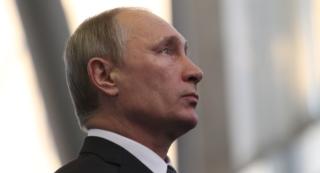
In 2014, Russia broke out of the post–Cold War order and openly challenged the U.S.-led international system. Moscow’s new course is laid down first and foremost by President Vladimir Putin, but it also reflects the rising power of Russian nationalism.
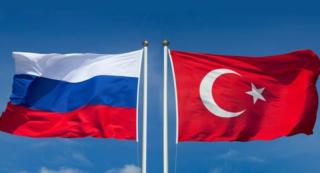
Even though tensions over Ukraine will inevitably cast a shadow over the bilateral relationship, Russia and Turkey—a NATO member—continue to share a range of important interests.
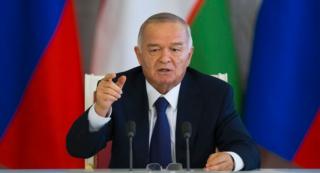
Though it is still too early to talk about the chances specific candidates have of replacing Uzbekistan’s President Islam Karimov, it is important to look closely at the current ruling elite and the president’s possible successors to see where the country might be heading.
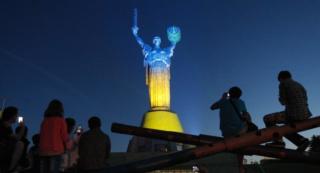
Russia has stepped forward in Ukraine to protect its vital interests—which the West saw as aggression by a revisionist power. The ensuing conflict will last long and have an impact far beyond Europe.
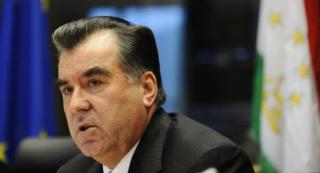
Tajikistan’s President Emomali Rahmon faces a number of complex tasks, which make maintaining a high degree of stability increasingly difficult.
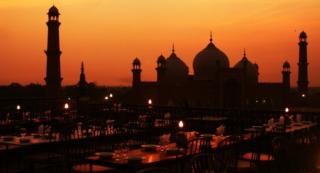
Threats from South Asia challenge Russia’s security. Moscow needs a new approach to the region that prioritizes better relations with Islamabad.
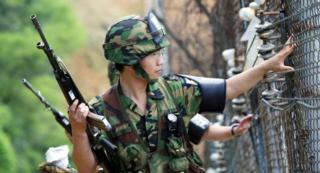
Tension on the Korean Peninsula has increased since North Korean leader Kim Jong-un came to power in 2011. To prevent destabilization, Moscow needs to pursue a more active Korea policy.